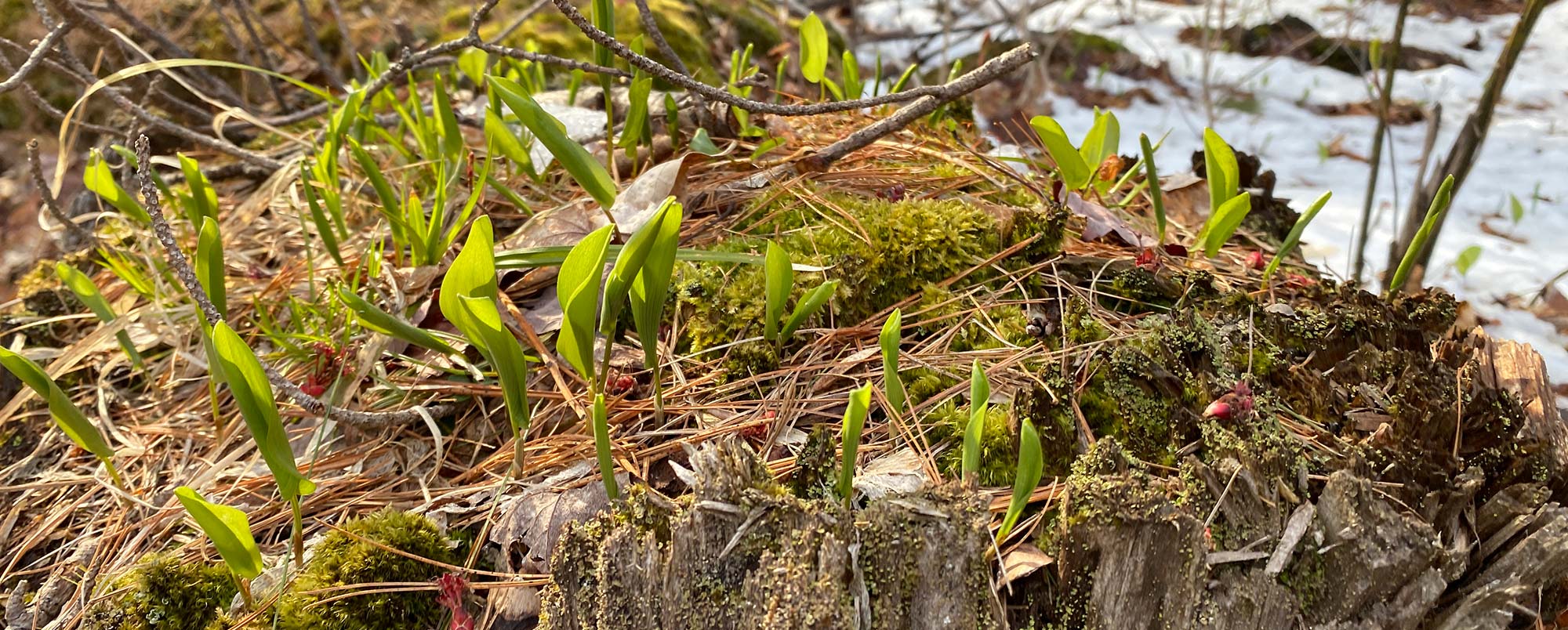One way that trees respond to stress is to pour energy into the dormant buds along their trunks and branches. Sprouts erupt in odd places, and a tree’s looks change rapidly. In the course of a growing season, a stately American elm can decline into mangy disarray.
Epicormic sprouting isn’t just for trees. We humans don’t develop green shoots on our trunks, but many of us, in response to life’s trials, throw ourselves full tilt into frantic activity and ill-considered new identities. I personally have an alarming impulse, in moments of stress, to volunteer for town committees.
Groups of people are also susceptible to this behavior. There are plenty of examples (take your pick from the headlines) where organizations respond to stressful change by doing something – anything – and lots of it. In the rush to react, it’s easy to lose track of the essential qualities that made you successful in the first place.
I mention this because recently, a colleague presented me with a list of statistics on magazine-publishing trends, compiled by the Pew Research Center and other credible sources. Along with the expected grim numbers, there was encouraging information on how readers continue to appreciate magazine content, albeit increasingly in unpaid online form, and an itemization of ways that publishers are reacting to declining print subscriptions. The diversity of tactics – from consulting work to app development – was impressive, a bit overwhelming, and made me wonder how much the earnings from this work exceeded the extra costs. A hint came near the end of the list: “Flat is the new up!”
At this point, I stopped reading. I was feeling stressed, and distracted by a sudden, nigh-irresistible attraction to my town’s development review board.
2017 is a planning year for the Center for Northern Woodlands Education, meaning that our board and staff are in the process of taking a hard look at what we do well, what we can improve, and how we should adapt to change, in both the publishing field and the bigger world of forest stewardship. This is tricky, but it’s also exciting; I’m confident that we can avoid helter-skelter sprouting.
The great news is that we’re in a strong position to do this work. Online readership for all our content continues to grow, print renewals hover just above 80 percent (that’s very high), and it’s remarkable how frequently people tell us that they read this magazine cover to cover. Most importantly, I’m confident that we’ll stay true to our educational mission and our passionate commitment to quality writing. Thank you for your support.


